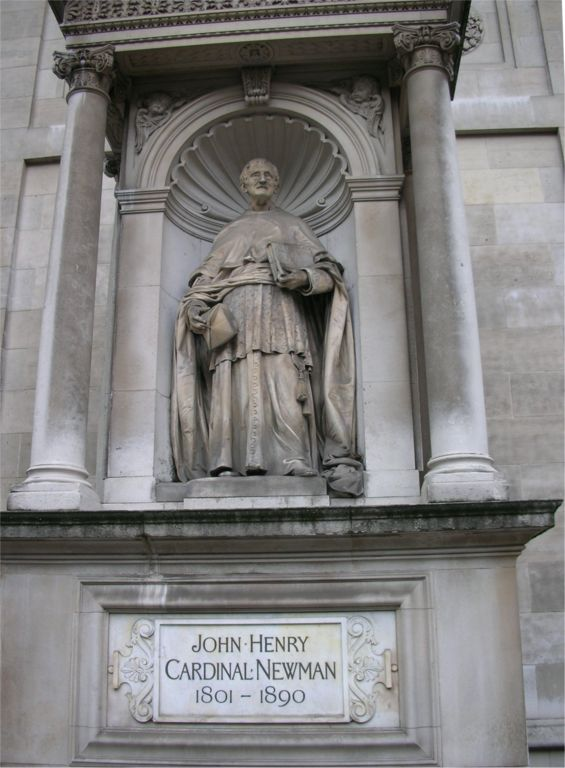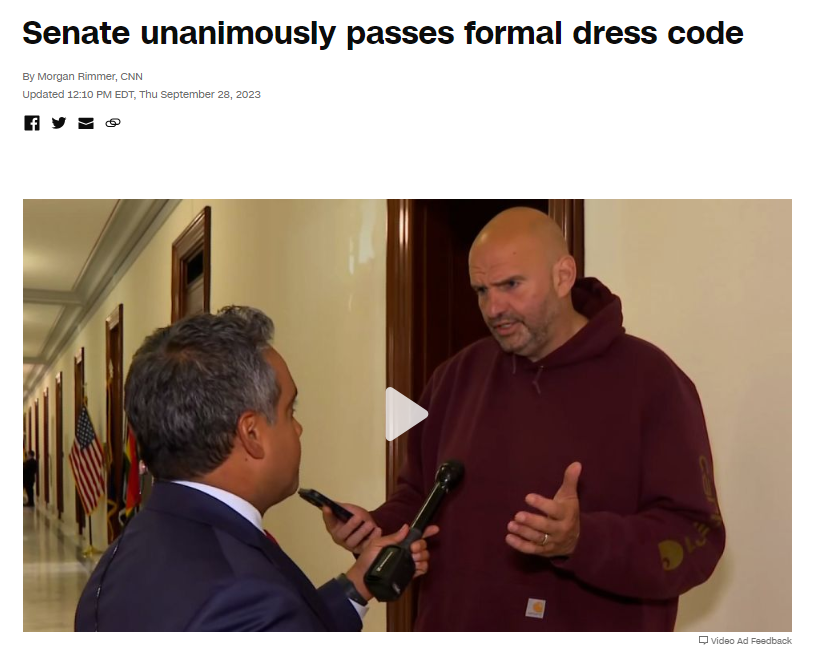Today, October 9, marks the feast days of St. John Henry Newman and St. John Leonardi. Though they lived nearly three centuries apart, St. John Henry Newman and St. John Leonardi both came to know St. Philip Neri during their lifetimes. The former knew St. Philip through joining the Oratory following his conversion, while the latter knew St. Philip as a fellow counter-reformer and his own spiritual director.
 |
| At the Brompton Oratory |
After years of defending the High Church position within Anglicanism, Newman became wholly convinced of the truth of the Catholic faith, especially in the face of the Church of England's questionable alliances with explicitly Protestant church bodies. Through the Passionist priest Blessed Dominic Barberi, Newman was formally brought into the Church on October 9, 1845. Over the next two years, he was ordained a priest and became an Oratorian, preparing him for the coming decades of Protestant animosity directed against him.
Newman founded the Birmingham Oratory, while he sent fellow convert priest Fr. Faber to establish the Brompton Oratory. While Newman's own efforts to bring the Oratorians to Oxford failed during his lifetime, his influence led to Oxford being the location of the first "Newman Center" (those places where Catholic students at non-Catholic universities congregate). A century after Newman's death, the Oxford Oratory was finally established in 1993. Pope Leo XIII made Newman a cardinal in 1879, under Newman's conditions that his cardinalate not come with ordination to the episcopate or his removal from Birmingham. While Cardinal Newman's most well-known hymns come from his poetic works, his hymnography also includes many hymns celebrating St. Philip, including "This is the Saint of Gentleness and Kindness."
Cardinal Newman was canonized in 2019, with his feast day of October 9 meant to coincide with his reception into the Church, as well as to be close to the beginning of the Michaelmas quarter at English universities. The elevation of his feast day to a higher rank remains to be seen, so it currently stands as an optional memorial in the current calendar of England and Wales.
Between the reigns of Pope Leo XIII and Pope Pius XI, October 9 was celebrated as the feast of Blessed John Leonardi by the clergy of Rome. This was a very unique privilege given to the beatus, considering the only beati allowed to be celebrated with full Office and Mass in Rome at the time were beatified Popes. Such a privilege was given due to the strong memory of John's religious fervor and miracle-working in the city of Rome. Pope Pius XI extended the Feast of St. John Leonardi to the universal church in 1938.
St. John Leonardi originally did not seek conversions in the city of Rome, instead wanting to start his congregation in the city of Lucca and eventually go out on foreign missions for the conversion of the pagans. However, the hostility of Luccan leaders towards his religious endeavors forced him to move to Rome, where he met and befriended St. Philip Neri and St. Joseph Calasanz. St. John Leonardi's group of priests, the Lucca Fathers, were at first absorbed into the Piarists of St. Joseph Calasanz. Such an arrangement aligned with the advice that St. Philip gave to St. John Leonardi as a spiritual father: that St. John Leonardi's mission lied primarily in the conversion of poor souls in Italy, rather than in far-off lands.
St. John Leonardi died before he could see the Lucca Fathers become an independent group from the Piarists, but his acceptance of St. Philip's advice certainly brought him great rewards both on earth and in heaven. His allies in the Roman Curia allowed him to co-found the seminary for the Propagation of the Faith, bringing his wish of contributing to the foreign missions to fulfillment. Like St. Philip, he also promoted the Forty Hours Devotion in the churches of Rome. Five years after his death, the Lucca Fathers were given papal approval as a group in union with the Piarists, and three years later, the Lucca Fathers were granted a status independent from the Piarists.







